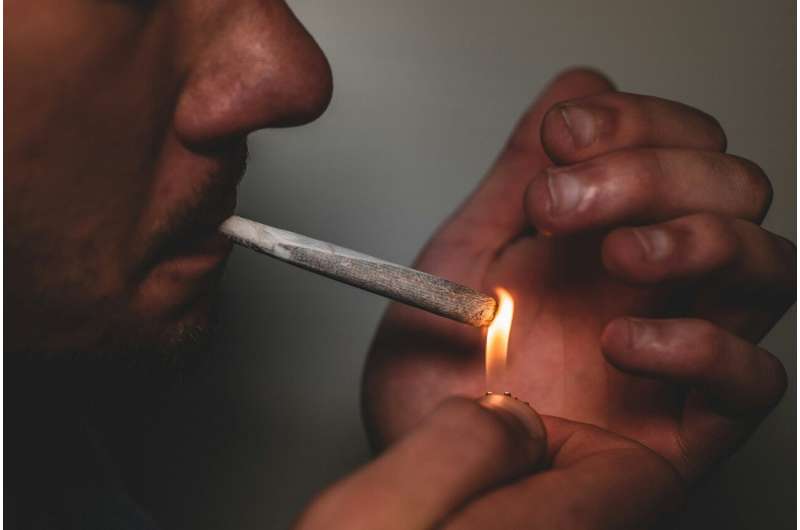How Positive Memories of Drug Use Can Contribute to AddictionPersistence

Memories of positive drug experiences reinforce addiction by activating neural circuits, making relapse more likely. Understanding these mechanisms offers hope for new treatments to combat substance use disorders.
Memories associated with rewarding experiences play a crucial role in shaping human behavior, influencing choices like eating, drinking, and social interactions. While many reward-seeking behaviors are vital for survival, they can sometimes become problematic when linked to drug use. Our brains retain memories of positive drug effects, which can reinforce ongoing use and make cessation challenging.
Research indicates that these reward memories are stored in specific neuronal ensembles—small groups of brain cells activated during the experience. When reminded of these rewards, such as the euphoria from drug consumption, these ensembles become active, triggering cravings and drug-seeking behaviors. Understanding how these memories form, recall, and interact is vital for developing more effective addiction treatments. Targeting the neural circuits that encode drug-related memories, without disrupting natural reward processing, may allow for interventions that reduce relapse and support recovery.
Scientists have been exploring how natural rewards like food and sex differ in their neural encoding from drug rewards. This research sheds light on why addictive behaviors are difficult to break and how different drugs utilize overlapping but distinct neural pathways. Emerging therapies, including brain stimulation and pharmacological approaches, aim to modify these reward memories.
Furthermore, studies have shown that drugs of abuse hijack the brain's natural reward system, creating persistent changes that promote compulsive drug seeking and relapse. Technologies that map and manipulate neuronal ensembles are offering promising avenues for understanding and eventually altering these maladaptive memories.
Interestingly, psychedelics such as psilocybin are being investigated for their potential to 'reboot' the brain's neural pathways, possibly helping to reform harmful cognitive habits formed by addiction. Early clinical trials suggest these substances could increase abstinence and diminish cravings in individuals with substance use disorders.
Overall, advances in neuroscience reveal that drug memories are deeply embedded in the brain's circuitry. Targeted strategies to modify these memories hold significant promise for improving addiction treatment and helping individuals reclaim control over their behaviors.
Source: https://medicalxpress.com/news/2025-06-memories-good-drugs-people.html
Stay Updated with Mia's Feed
Get the latest health & wellness insights delivered straight to your inbox.
Related Articles
Updated Beers Criteria Introduces Safer Medication Alternatives for Older Adults
The American Geriatrics Society introduces a new guide with safer medication alternatives to improve prescribing practices for older adults, enhancing patient safety and health outcomes.
How 'Weird Shading' Illusions Help Explain 3D Perception in the Brain
New research reveals that the brain interprets shading through line patterns, rather than complex physics, explaining how we perceive 3D shapes from simple images and artistic techniques.
The Role of Alcohol Consumption in the Rising Liver Disease Epidemic
Recent studies highlight the rising impact of alcohol consumption on liver disease, emphasizing the importance of effective public health policies and reduced alcohol intake to combat this growing health crisis.



